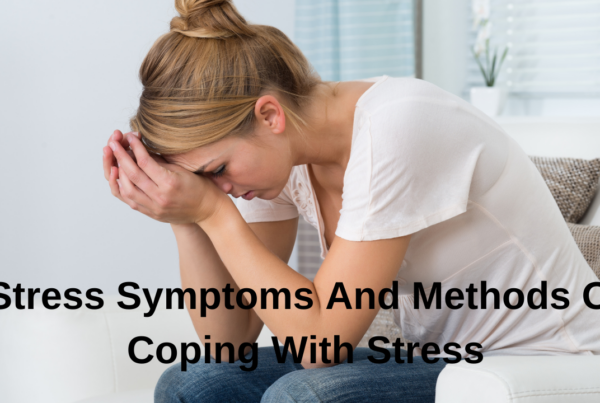Resilience is the ability to remain psychologically intense when faced with challenging conditions. It helps individuals react healthier and more positively to stressful and complicated events.
Various factors influence emotional resilience. These include one’s social support systems, positive thinking skills, self-efficacy perception, flexibility, agility, resource management, and mental health. Emotional resilience plays an important role in individuals’ personal development.
Emotional resilience contributes to the formation of a positive lifestyle. Emotionally robust and resilient individuals tend to live happier and more fulfilling lives by overcoming their difficulties. In addition, emotional resilience is also known as a protective factor against depression, anxiety disorders, and other mental health problems.
How to Gain Emotional Resilience?
Emotional resilience helps individuals respond more healthily and positively to stressful and challenging events. Here are the things to do to gain strength;
- Know yourself. Knowing yourself helps you understand what situations cause you stress and how you react. As you get to know yourself, you will develop a stronger mindset about how you should respond.
- Create social support systems… Social support is one of the most important ways to increase emotional resilience. With the help of your family, friends, colleagues and others, it becomes easier to overcome difficulties.
- Develop positive thinking skills… Changing negative thoughts into positive ones helps you cope better with challenging situations. Thinking positively keeps you focused on solving problems and achieves better results
- Strengthen your sense of self-efficacy… Increasing your self-confidence will increase emotional resilience. Being confident helps you develop a better frame of mind to deal with challenges.
- Gain flexibility and agility… Being flexible and agile helps you adapt quickly to changing circumstances. Being open to change and easily adapting to new situations increases emotional resilience.
- Learn resource management… Resource management is an essential part of coping with challenges. You can work more efficiently and reduce stress by properly managing your time, energy and other resources.
- Take care of your mental health. Emotional resilience can also be increased by taking care of your mental health. To reduce stress, you can try methods such as meditation, yoga, or other relaxation techniques.
What are the benefits of emotional resilience?
- Better stress management: People with emotional resilience cope better with stressful situations. Reducing the harmful effects of stress helps them lead healthier lives.
- Healthier relationships: People with emotional resilience build and maintain healthy relationships more successfully. They build a better bond with other people by being more positive and supportive in their relationships.
- Better decision-making skills: People with emotional resilience make better decisions in challenging situations. By developing a more effective strategy to overcome difficulties, they achieve healthier and more positive results.
- Higher self-confidence: People with emotional resilience have higher self-confidence by increasing their self-confidence. They achieve tremendous success by developing a better mindset to cope with challenging situations.
- Better work performance: People with emotional resilience perform better in business life. By developing a better strategy in stressful situations, they work more efficiently and achieve higher success.
- Better mental health: People with emotional resilience create better strategies to protect their mental health. By reducing the harmful effects of stress, they lead a happier and healthier life.
- Better physical health: People with emotional resilience preserve their physical health by reducing the detrimental effects of stress. They lead a healthier life by developing better eating, exercise and rest habits.






